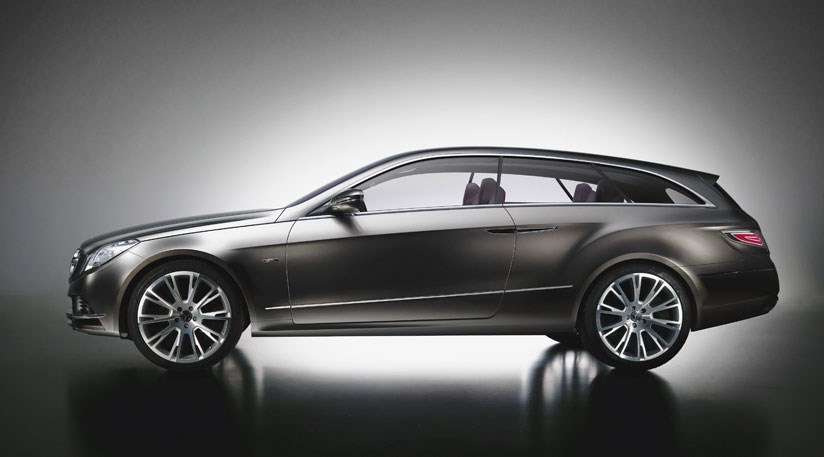A site called Hybrid Cars reports that diesels are taking top honors at the LA Auto Show
The brand-new Volkswagen Jetta TDI diesel took the Green Car of the Year award at the 2008 Los Angeles Auto Show. The Jetta TDI won based on its high fuel efficiency numbers—41 mpg on the highway and 30 in the city—and its price point of $21,900. The high-mpg and low cost gave the Jetta TDI the upper hand—“market significance” is a key criterion for the award—as it bested the more expensive BMW 335d (also an oil-burner,) as well as the Ford Fusion Hybrid, Saturn Vue Two-Mode Hybrid, and the diminutive Smart car.
The key to this award, of course, is the modern technology used in the latest diesel engines. The generation of diesels made before 2005 are now about as relevant as a five-year-old laptop is to a modern one. In fact, you could even argue these days that diesel innovation is moving twice as fast as computers or more — a ten-year-old laptop to a modern one. It will continue to increase in pace as demand grows:
The Jetta TDI may not need the publicity boost that comes from an award, since VW has said it is virtually sold out at all dealerships. According to the company, many dealers have started to form waiting lists.
Good thing I bought my four years ago so I can enjoy the current revolution without the wait or competition. On the other hand, it’s hard not to want to get into the next generation.
At the Audi stand, a quartet of diesels from the recent Mileage Marathon were showcased, highlighted by an A3 2.0-liter diesel that turned in a high of 50.6 mpg during the cross-country driving program. The US-spec version of that model is rated at 39 mpg. A version of the A3 is likely to join the Audi US fleet in fall of 2009, joining the Q7 3.0L TDI that goes on sale in January and a future A4 3.0L TDI.
Mercedes-Benz showcased its three diesel SUVs currently on the market: the ML320, R320 and GL320. In addition, the company introduced the Fascination concept coupe, powered by a supercharged 2.2-liter 4-cylinder BlueTEC diesel that puts out 204 horsepower. With fourth generation common rail diesel technology that raises injection pressures, the engine demonstrates how a 4-cylinder diesel could replace the standard V-6 in its class.
Wait a minute, that future concept of Mercedes looks a lot like the car I have now. Apparently sport-wagon diesels are the future?

And hey, where’s the Cadillac? Note that torque is not even mentioned. Oh well, I suspect American journalists aren’t completely tuned into the diesels yet. Torque rules the road. The need for horsepower should be met with electric/hybrid drive.
